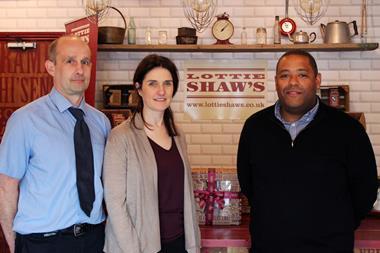A House of Lords committee, chaired by Baroness Neuberger, has been tasked with finding ways to reduce obesity.
The Baroness said changing the behaviour of a population was likely to take time, perhaps a generation or more, and she called on the government to be braver about using both incentives and disincentives to bring about change. "In order to help people live healthier and happier lives, we need to understand much more about what sorts of policies will have an effect on how people behave, and the best way to do this is through research, proper evaluation of policies and the provision of well-informed and independent scientific advice."
The food and drink industry has disputed the need for additional regulation and traffic-light labelling following the latest report from the House of Lords, Behaviour Change. This said the government "should look to take steps to implement a traffic light system of nutritional labelling on all food packaging", and that merely "nudging" the public on issues such as eating less salt and fat was unlikely to change their dietary behaviour.
British Sandwich Association (BSA) director Jim Winship said the BSA was already working with government to help find solutions to problems such as obesity. "I don’t really see the need for legislation to enforce things. However, I don’t think our members would have any major objection to traffic light labelling, so long as it was consistent and clear," he said, adding that the BSA would have major concerns if an attempt was made to legislate on areas such as salt and fat content.
Federation of Bakers director Gordon Polson said it supported the use of Guideline Daily Amounts and front-of-pack labelling. He said the new Food Network Responsibility Deals were still in their early stages and that the effectiveness of the nudge approach should not be dismissed.
Barbara Gallani of the Food and Drink Federation said: "Any action should be justified by evidence and science and any policy should be fully evaluated.".
l See Viewpoint, page 3



































No comments yet